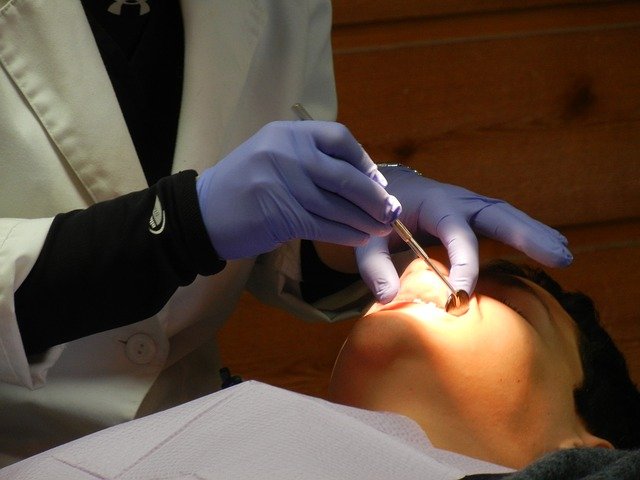Why is there a Need for Oral Cancer Examination?
In your next dental appointment, you might want to get an oral cancer screening and see if you have any risk of developing oral cancer. An oral cancer examination is specifically designed to spot the early signs of the disease before progressing to a more advanced stage, which is important because oral cancer is treatable when caught early enough. It has been shown that about 84 percent of oral cancer cases can be detected early by a dental professional.
During an oral cancer screening, the dentist will use various tools to spot any kind of discoloration or mouth sores in the mouth. They will look into the tissues surrounding the mouth, feeling for lumps or any abnormalities. If they see anything unusual in the mouth, they will take a sample of it and send it to the laboratory for further testing. The key risk factors for oral cancer can help you and your dentist determine if you are at risk.
• Male gender
• Aged 40 years old and up
• Cigarette or tobacco users
• Heavy alcohol users
• Unhealthy diet and lifestyle
• HPV (human papillomavirus) infection
• Prolonged sun exposure
It is good to note that even though it has been proven that people diagnosed with oral cancer mostly have at least one of the risk factors listed above, there is a growing number of people diagnosed with the disease who have none of these risk factors. Considering this, if you do not have any of the above risk factors, it is still important that you get oral cancer screenings to maintain not only your dental health but your overall health as well.
When a dentist performs an oral cancer examination, they will look out for specific symptoms, including white or red patches in the mouth, a hard spot or lump in the mouth, spots that bleed continuously or do not heal, and redness or pain when biting down on the teeth. Of course, there are still other tell-tale signs of cancer, but everything will be up to your dentist to see if there is anything unusual going on in your mouth.
Prevention is the best cure. Anyone can prevent oral cancer by going through regular oral cancer examinations during their routine check-ups with the dentist. Your dentist might not be able to give a diagnosis during the examination, but they can send a sample and determine if it indeed is cancer. Once the dentist gets the lab results saying it is indeed oral cancer, they can immediately start treating it before it gets a chance to progress.
Read here for more info about oral care:





 |
|